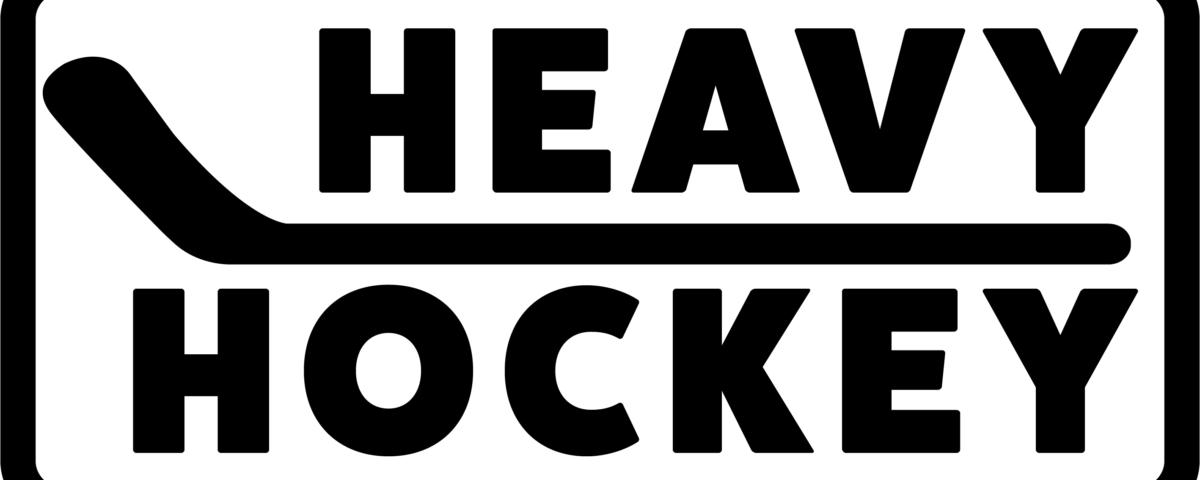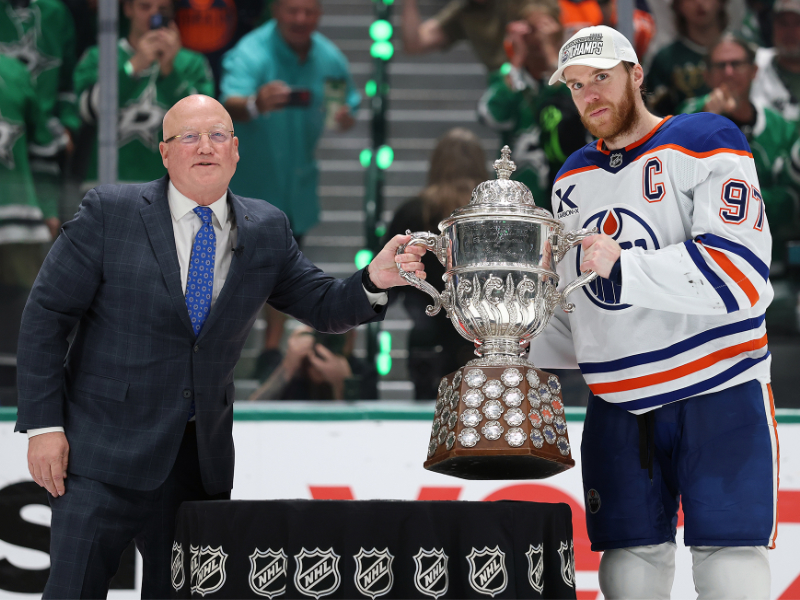
Hyman’s character and work ethic is the driving force behind his success
March 28, 2024
Chris Simon, Fighting, Concussions, and CTE in Hockey: Part Two
April 2, 2024April 2, 2024 by Ryan Lotsberg
Chris Simon passed away on Monday, March 18, 2024. Simon was just 52-years old. He amassed 305 points in 782 NHL games with the Quebec Nordiques, Colorado Avalanche, Washington Capitals, Chicago Blackhawks, New York Rangers, Calgary Flames, New York Islanders, and Minnesota Wild. Simon added seventeen points in 75 playoff games, including goals in the 1998 and 2004 Stanley Cup Finals.
305 points in 782 NHL games is pretty good for a player that was largely known for his toughness and his fighting ability. Simon picked up 1824 penalty minutes and 111 fights in those 782 NHL games. He also played on lines with some fantastic players, like Peter Bondra and Jarome Iginla.
Simon’s death was a suicide. His family believes that Simon had CTE (chronic traumatic encephalopathy), which is a progressive degenerative disease often found in athletes that sustained several head injuries in their careers. CTE can only be diagnosed posthumously, and there has been no confirmation that Simon had CTE at this point in time.
Simon’s death has brought the topic of CTE in hockey players back into mind. Bob Probert was one of the best fighters of all-time. Probert died due to heart failure at the age of 45, but he was living with CTE. Former Wild and New York Rangers enforcer Derek Boogaard died at the age of 28 in 2011 due to overdosing on alcohol and oxycodone. Boogaard battled drug addiction in the last couple of years of his life. It was later found that Boogaard did have CTE.
Former enforcers Rick Rypien and Wade Belak also died in the summer of 2011. Both players battled mental health issues, and both deaths were suicides. It is not known whether either Rypien or Belak had CTE.
Steve Montador died at the age of 35, just four days before his girlfriend would give birth to their child. Montador sustained nineteen concussions in his fourteen year NHL career. According to Montador’s father, Paul, Montador suffered from depression, anxiety, and substance abuse, among other things.
Sportsnet recently published an article about Bob Murdoch, a former Montreal Candien that passed away in August 2023 at the age of 76. His family recently found out that he was living with stage 3 CTE. Murdoch’s wife, Bev, decided to make this public knowledge to increase awareness about the effects of repeated blows to the head in hockey. The article also mentions that 16 of 17 former NHL players that have been studied had CTE including Murdoch, Henri Richard, Stan Mikita, and Ralph Backstrom.
There are other players that have passed early after sustaining multiple concussions that I have not mentioned here. We have seen the effects that CTE has had on multiple NHL players that sustained concussions as a result of playing hockey, yet there is apparently not enough scientific data to confirm that concussions cause CTE. That is the stance that league deputy commissioner Bill Daly took after Simon’s death.
While the link between concussions and CTE has not been definitively proven scientifically, we do know that multiple enforcers have died early and have had CTE. We also know that the NHL is not prepared to do anything about it at this time. Unfortunately, I don’t see the league ever doing anything to support players living with brain damage after their careers, especially since CTE can only be diagnosed posthumously and evidence connecting concussions to CTE is circumstantial at this time. Multiple concussions leading to CTE seems like an obvious conclusion to jump to, but evidence is circumstantial until scientific data is able to support the claim.
The league won’t directly support retired players and they won’t directly remove fighting from the game, but fighting has been slowly being removed from the game for a long time due to decisions made by the NHL. The enforcer role has almost been removed from hockey entirely. Rule changes that punish stick infractions and encourage faster skating in an effort to increase goal scoring have rendered big guys that can fight but that can’t skate useless. Players need to be able to skate well and play the game well enough to keep their heads above water to be able to hold an NHL job today. As a result, fewer true enforcers have been able to earn NHL jobs, and the number of fights in the NHL has decreased.
However, fighting is on the rise this season according to the Hockey News (albeit by a slight margin). I’m not saying it’s all Matt Rempe’s fault; but Rempe fever has swept the league, and it’s because of his fighting and physical play. Rempe collected his first NHL fight before he had even played a single second. He got into a fight off the faceoff of his first shift against the Islanders in their recent outdoor game. Rempe has six fights in his thirteen NHL games to date. Everybody wants a piece of the 6’8”, 240 lb rookie.
Seeing Rempe pile up fights at a near half a fight per game clip is concerning. My hope is that Rempe doesn’t feel the need to fight just to earn his way into NHL games. That’s a piece of hockey culture that we can all do without. The health of the player should always be the first concern, and a player fighting at Rempe’s pace should be concerned about long-term health.
Rempe has fought both Ryan Reaves and Nicolas Deslauriers. Reaves and Deslauriers fought just five minutes into their matchup on March 19, 2024, which was one day after Simon passed. Seeing a pointless fight like that so soon after the world learned of Simon’s passing was certainly cause for pause.
We’ve watched several lives be cut short due to playing hockey, and nobody in charge seems to care or want to do anything about it. We’re watching more current players exhibit the same playing styles that led to the lives of others before them being cut short.
What can be done about it? Where is fighting in hockey going? Is the league doing enough to address concussions given the amount of players that have died far too soon as a result of multiple head traumas? My thoughts on those questions are in part two of this piece.
Related: Chris Simon, Fighting, Concussions, and CTE in Hockey: Part Two



1 Comment
[…] case you missed part one of this piece, I wrote about how Chris Simon’s death has brought up thoughts about the impact of […]